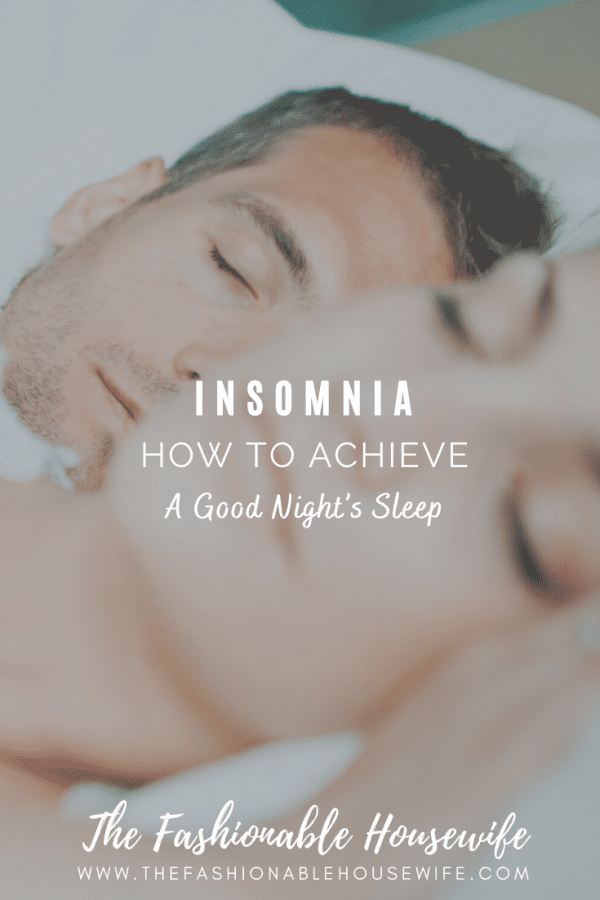
On average, an adult needs 7 to 9 hours of sleep per night to function well. Without enough sleep, individuals usually experience constant tiredness throughout the day. A chronic lack of sleep can also negatively impact mental health and increase the likelihood of health problems, such as heart disease and stroke. Here are a few great ways to help you tackle insomnia.
Reduce Caffeine Intake
Research shows that caffeine consumption six hours before sleep can have a negative impact on sleep patterns. Whether you still feel the effects or not, caffeine can cause sleep deprivation, anxiety and, if you do eventually fall asleep, it can lead to nighttime awakenings. Reducing your overall caffeine intake can have a huge impact on your quality of sleep. At the very least, you should try to avoid caffeine 4 to 6 hours before bed.
Say No to Nicotine
Although there is much more news about caffeine and its negative effects on sleep, nicotine is also a stimulant that can cause insomnia. Some people with the habit may be in a routine of smoking a cigarette before bed, but research shows that smokers are lighter sleepers than non-smokers. Some people may feel cravings when they first wake up, and these withdrawal symptoms could affect their quality of sleep. Cutting back on smoking can have a positive effect on insomniacs.
Alternatively, smokers can use an e-cigarette, and a low nicotine vape juice, to simulate the experience of having a cigarette before bed. Not only can this help reduce nicotine intake, but it can also help smokers quit smoking for good. Vape CBD World offers a variety of vape juices and e-cigarettes.
Establish a Sleep Schedule
A rubbish routine can turn into a vicious cycle of sleepless nights. It could be tempting to sleep in the next day after a poor night’s sleep, but this can be incredibly counterproductive. By creating a sleep schedule and sticking to it, you can encourage your body to adjust to a new routine and train it to sleep on schedule. Schedule one hour to relax before bed to encourage sleepiness. A warm bath to bring your body up to optimum temperature and some relaxing music can help you drift off easier.
Daily Exercise
Exercising regularly can help tire the body out, which can lead to a good night’s sleep. Daily physical activity is beneficial for both the body and the mind and can help alleviate anxiety. It is a great outlet for stress and can help you maintain a healthy weight. Furthermore, studies show that a lack of regular exercise correlates to insomnia, along with factors such as unemployment, poor health, stress, and old age.
For optimum sleep, there is no perfect time to exercise. However, studies show that individuals should work with their own body clock to establish a good exercise regime. For example, early birds can benefit from exercising earlier in the day, while night owls can exercise later in the day with no ill-effect on their sleep health.



